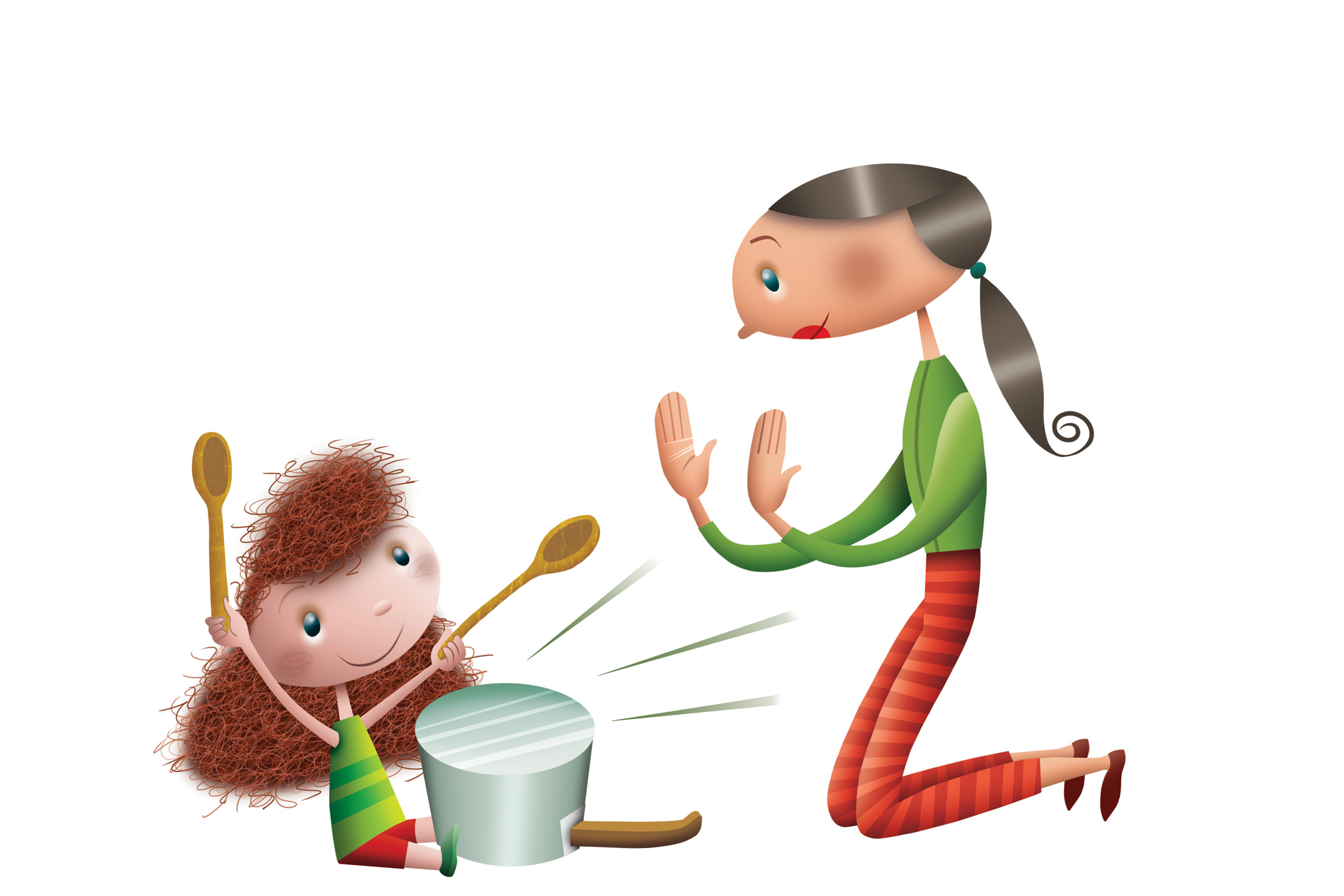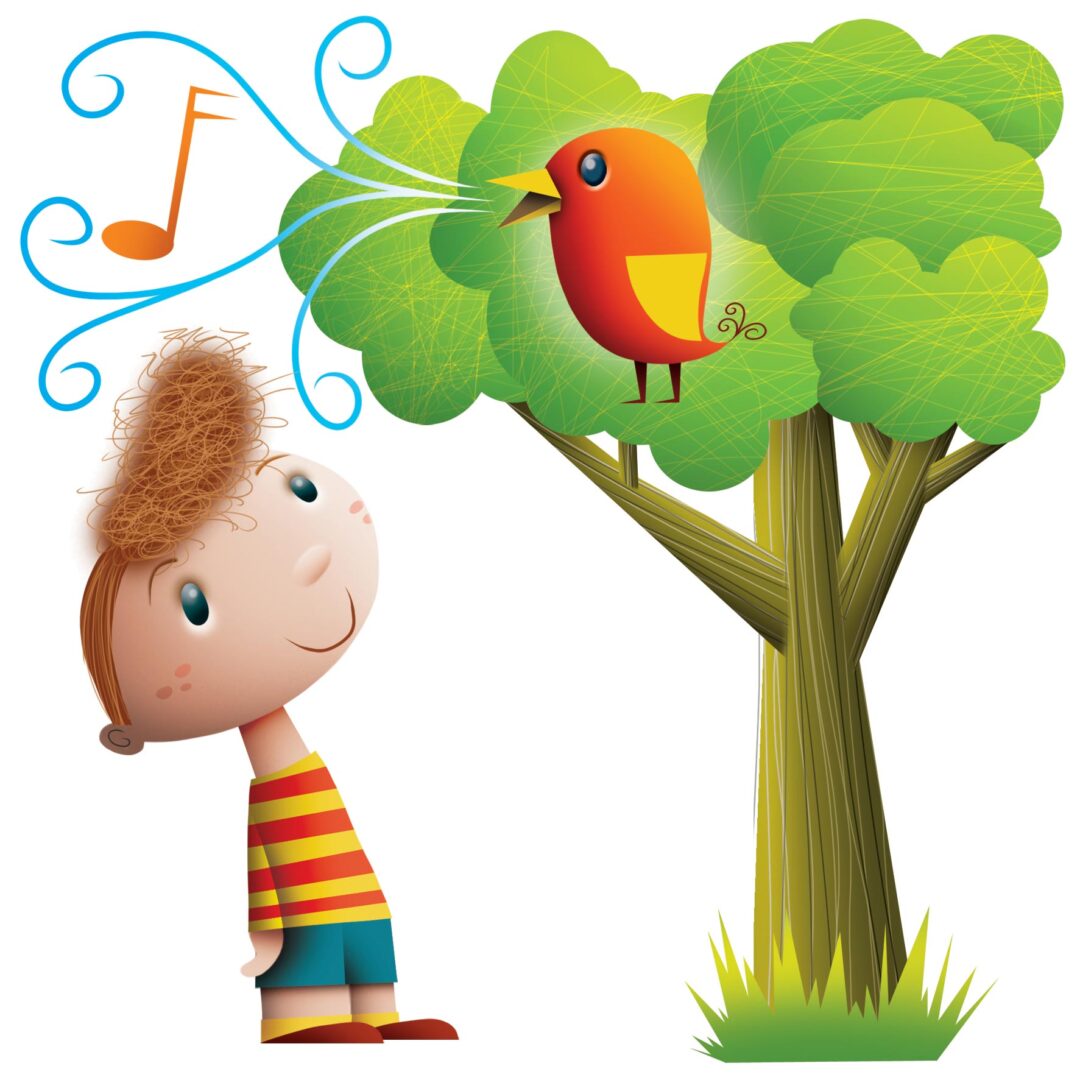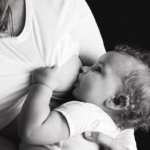
17 Oct Sound Development: the rhythms of life
Formal music classes are not the only way to enjoy the rhythms of life, writes Linda Wyrill.
As an early childhood music educator, I am intensely aware of the benefits of music to children’s development – especially from the ages of zero to six. Most parents can list the benefits of a quality music program for their kids. Singing and rhyming aids language development. The complex structures often inherent in orchestral music help children to develop spatial reasoning, and repeated listening can aid concentration. Music is a universal language that brings people together, soothes a sad mood and immerses children in different cultures. In my teaching, I’ve seen countless children thrive in a quality music program. And I always held the conviction that when I had kids, I would give them the same gift, but my convictions changed when I finally became a parent.
I started out well. When my first child was born, his music education began immediately. I sang to him, told him nursery rhymes, serenaded him with my flute and played him classical music CDs. When he reached the ripe old age of six months, I enrolled him in a music program. Why wouldn’t I? I knew how wonderful it would be for his intellectual and emotional growth. Both of us loved our weekly classes of singing, snuggling, dancing and playing instruments together. But when a work redundancy and illness struck our family, I quickly found that we simply couldn’t afford everything anymore. Many things had to go – including our beloved music classes.
And that’s how the magic happened. With my dreams of providing a full and rich childhood for my son suddenly influenced by money (or the lack of it), we joined one quality playgroup and a free weekly rhyme time at the local library. For the rest of the time, my little boy and I went on walks, picked leaves, studied ants, baked cakes and played games together.
My son’s delight with all this seemed every bit as intense as his enjoyment of music classes had been. In fact, his spirit seemed to be singing as he bobbed along in his stroller or crawled around the garden, happily unhurried. And I took delight in ignoring the clock and embracing our unscheduled existence.
 By the time health and employment returned to our home, I felt very protective of our peaceful life. Yes, I was still passionate about early childhood music education. But in our already musical home, I had to wonder how much music was too much for a toddler. Was I trying to tick all the ‘should do’ boxes of parenting by enrolling my son in a music program? I wasn’t sure I could justify the expense of adding scheduled classes to my son’s already musical existence. And what about ticking the ‘quality time at home with mum’ box? In short, I had discovered the musicality of a child-paced life. So, we threw some Grieg on the stereo, opened the windows to the fresh air and just stayed home.
By the time health and employment returned to our home, I felt very protective of our peaceful life. Yes, I was still passionate about early childhood music education. But in our already musical home, I had to wonder how much music was too much for a toddler. Was I trying to tick all the ‘should do’ boxes of parenting by enrolling my son in a music program? I wasn’t sure I could justify the expense of adding scheduled classes to my son’s already musical existence. And what about ticking the ‘quality time at home with mum’ box? In short, I had discovered the musicality of a child-paced life. So, we threw some Grieg on the stereo, opened the windows to the fresh air and just stayed home.
Fast-forward four years, and my second child, my daughter, has even fared worse. Her music-teaching mother hasn’t bothered to take her to music classes. Sure, she’s been dragged along to the classes I teach from the time she turned one. But they are pre-school music and movement classes meant for older kids. So only now that she’s turned three is the content near to being age-appropriate for her. And it’s not quite the same for my daughter, sharing me while I teach the older kids, rather than our sharing musical fun together.
Still, my daughter loves her “music classes with Mummy”. There’s a basket of percussion instruments on her shelf at home. We sing together, dance, recite rhymes and perform experimental music using the kitchen saucepans. Granted, I’m not always in ‘teacher mode’. I sometimes rush off to unload the washing machine mid-chorus. And (shock, horror) I’m sometimes careless and hideously out of tune. It’s a far cry from the magic of music classes. But my daughter is immersed in music, and that’s what matters. She can hum along to Vivaldi’s Four Seasons or the piano concertos I bought on CD on a romantic (pre-kids) trip to Paris. Okay, there’s a bit of rock and some shamelessly poor-quality pop in my children’s repertoire, too. But at least they’ll grow up well-rounded.
I’m not saying music is a luxury or an option for children’s development. Music is an important and joyful part of the childhood experience. But in our family, we’ve had to question how helpful hefty schedules and overstretched finances are to our children’s experiences in the formative years. Are we underestimating ourselves as parents? Aren’t we providing developmental art, cooking, language, and maths as we spend time interacting with our kids?
With a bit of effort, musical learning for my children has been achieved at home and through involvement in the community. What better group-singing experiences could there be than carols by candlelight or music festivals (provided you stay well back from the amplifiers, of course)? What better way to experience orchestral music than to hear orchestral musicians perform live? What better way to learn about sound than silencing yourself to hear a bird sing? My children have experienced all of these things.
Sometimes, I feel extremely guilty that I haven’t given my own children the music classes I’ve so energetically and wholeheartedly provided for other people’s kids for years. But then I watch my children play. I see them leap about in the yard, rosy-cheeked and singing. And I know that their development is wonderful, sound and strong. Despite the absence of formal music classes, they have rhythm in their bodies and melodies in their souls.
Illustrations by Shane McGowan



